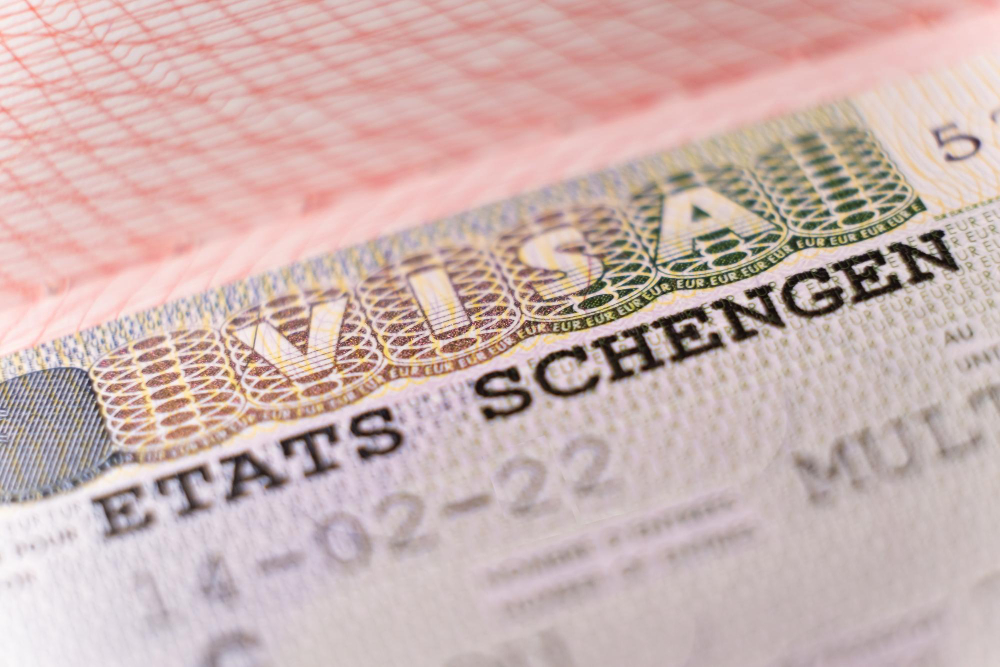These Nationalities Face the Greatest Challenges in Obtaining an Italian Visa
Key Takeaways
1. Bangladeshis face the most difficulty in obtaining an Italian Schengen visa, with a rejection rate of 59.04%.
2. Seven out of ten nationalities with the highest rejection rates are from Africa.
3. These nationalities have higher than average visa rejection rates, surpassing the overall rate of 12.05%.
While all applicants follow the same administrative process when applying for an Italian visa, individuals from certain nationalities face more significant challenges in getting approval.
According to statistics from SchengenVisaInfo, applicants from several African and Asian countries are less likely to be granted an Italian Schengen visa, as rejection rates surpass the overall average of 87.55%.
In 2023, Italy received 1.1 million Schengen visa applications, making it the fourth most requested destination after France, Germany, and Spain.
Bangladeshi Nationals Face the Highest Rejection Rate for Schengen Visas in Italy
In 2023, over half (59.04%) of visa applications submitted by Bangladeshi nationals were rejected, making them the nationality with the highest visa denial rate for Italy. Out of 13,705 applications, 5,599 (40.85%) were approved, while 8,092 (59.04%) were rejected.
Despite this, Italy remains the top destination for Bangladeshi Schengen visa applicants, accounting for 34.5% of all their visa applications. The second most popular destination for Bangladeshis is Sweden, with 11,416 applications filed, representing 28.7% of their requests.
Nationalities Likely to Have Their Italian Visa Applications Rejected
In addition to Bangladeshis, the following nationalities also face significant challenges in obtaining an Italian visa, based on high rejection rates:
- Gabonese: Out of 705 visa requests, 45.18% were rejected.
- Sinhalese: Sri Lankan nationals had a rejection rate of 44.43%, with 2,240 approved out of 4,031 requests.
- Ghanaians: 44.29% of Ghanaian visa applications were rejected, with 1,230 approved out of 2,208.
- Dominicans: 43.7% of 7,314 applications were denied.
- Ivorians: 43.7% of visa requests from Ivorians were rejected, totaling 1,540 applications.
- Angolans: 41% of Angolan applications were rejected, equating to 615 denials.
- Algerians: With the highest number of rejected visas, 39.92% of the 10,453 applications were denied.
- Cameroonians: 38.66% of applications (2,271) were rejected.
- Sudanese: 38.63% of visa requests were denied, with 107 applications rejected.
These statistics highlight that applicants from certain countries face significantly higher visa rejection rates when applying to Italy.

